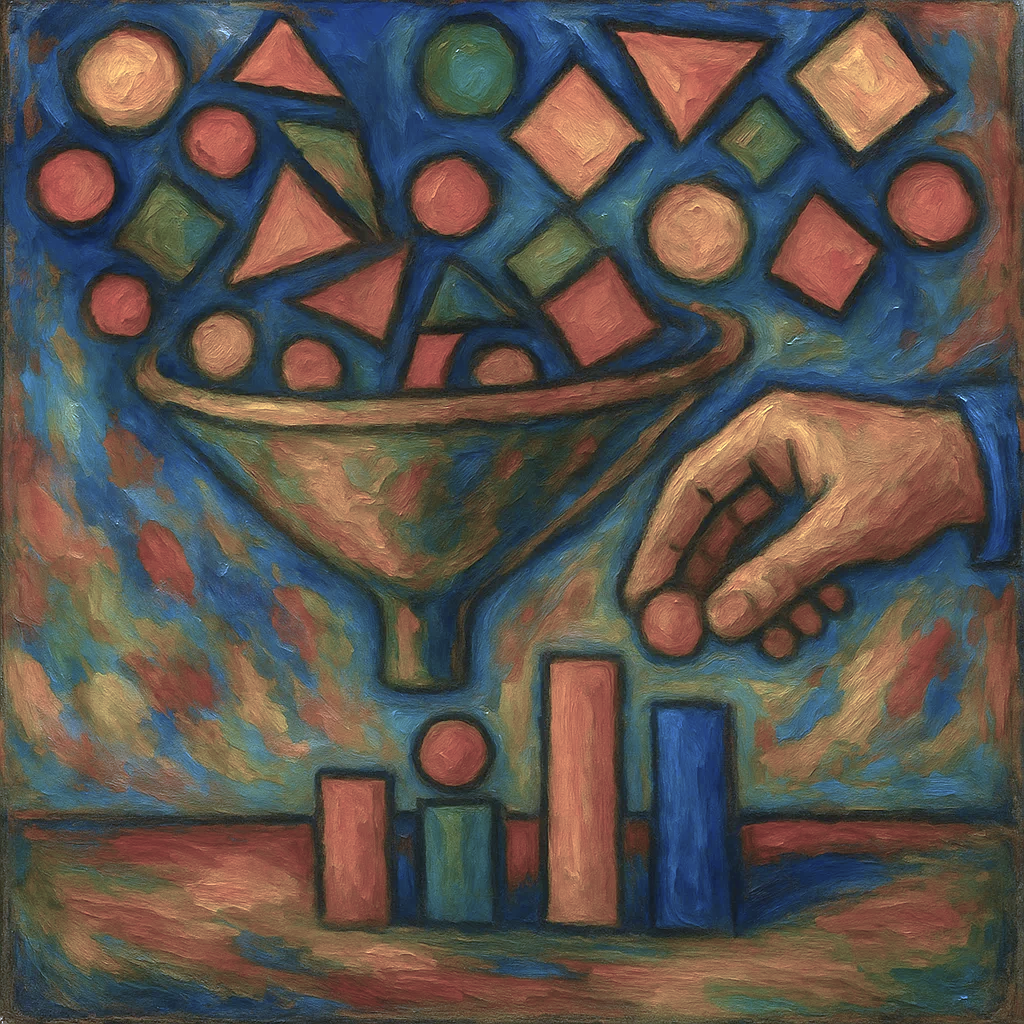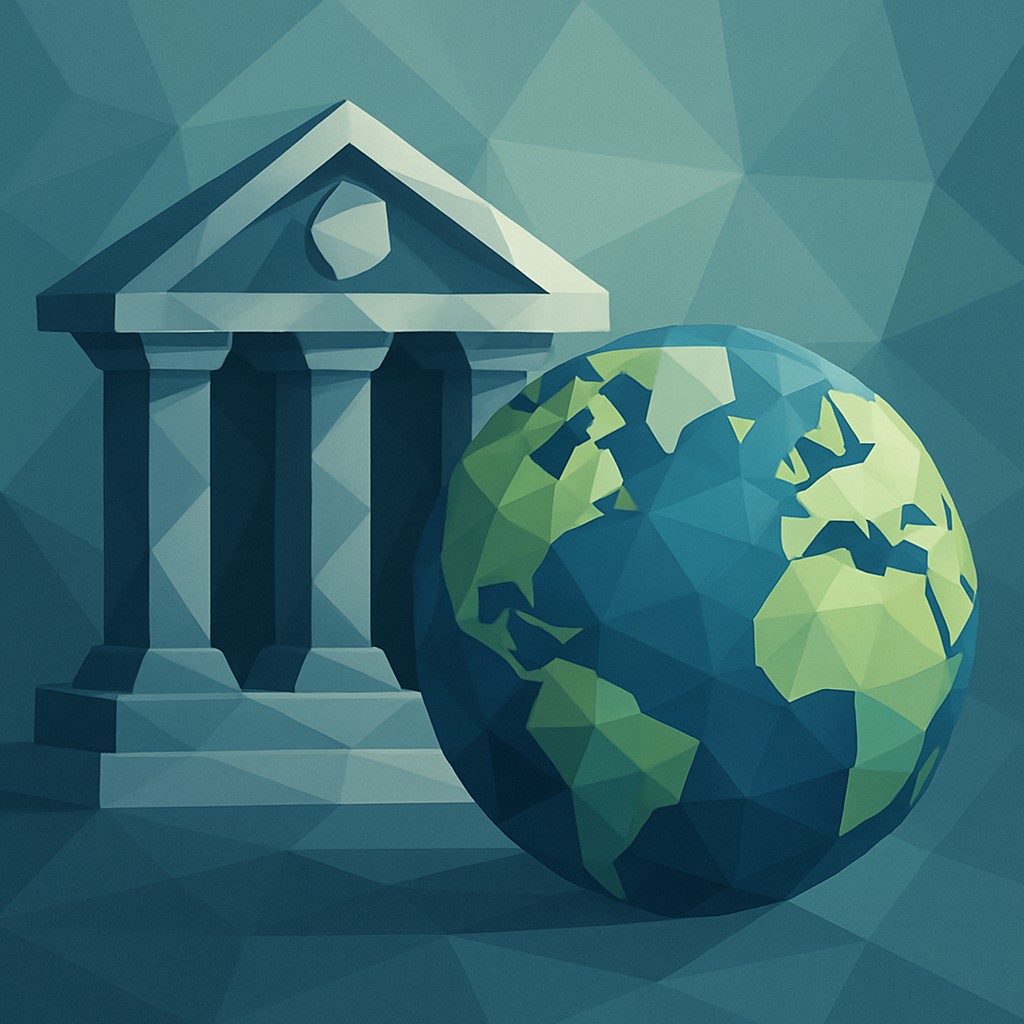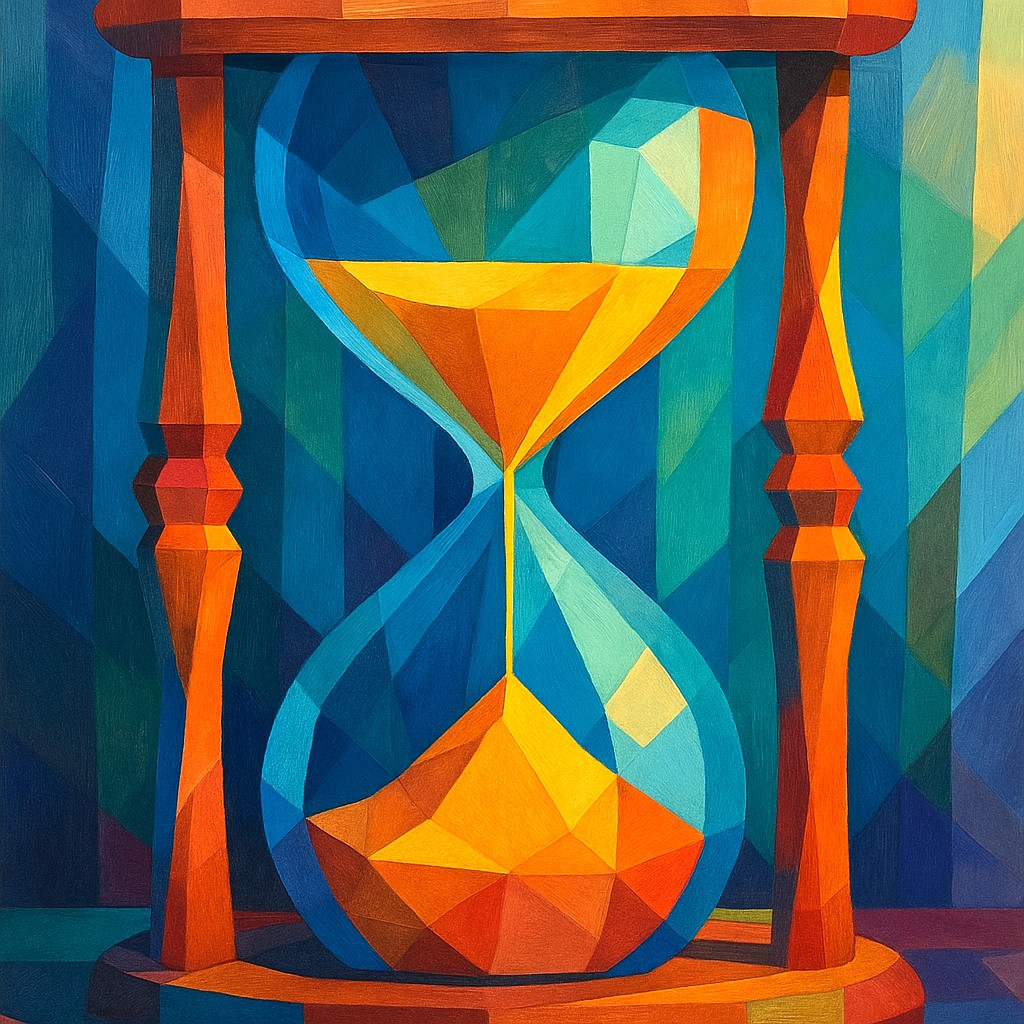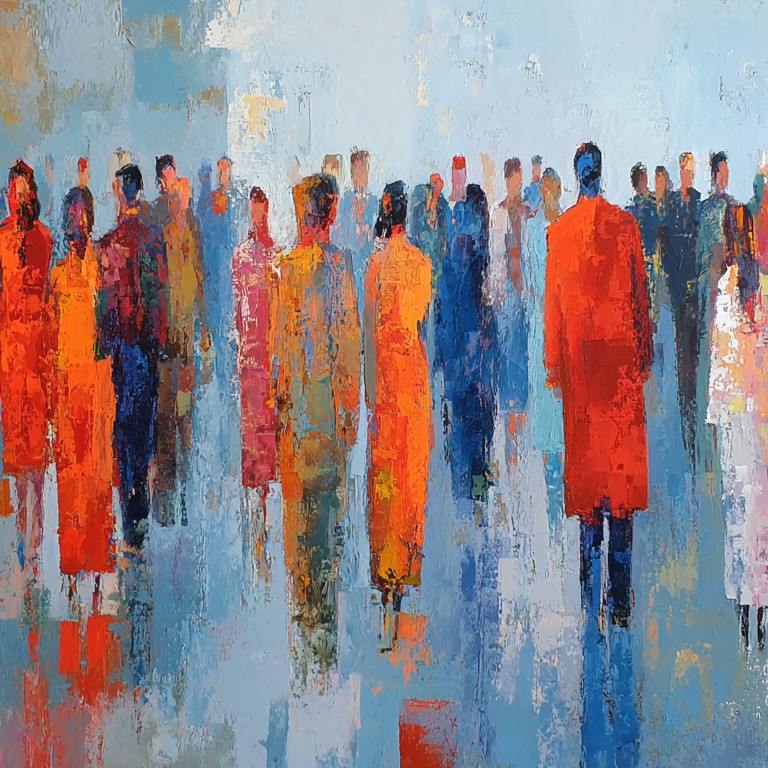Everyone wants more, but who needs the assistance the most?
The reactions to Long Sight's cut proposals illustrate why they are needed.

AI-generated illustration from Sora
Main moments
When the Long Term advocates reprioritise a lot of Norwegian aid for other purposesisn't that because we mean marine assistance and information work is of no value.
We're just asking the uncomfortable but necessary question: In light of global aid cuts, what is most important to prioritize with the scarce resources we have?
At a time like now, we need a proper discussion about priorities in aid. Not a debate where each measure is defended in isolation, but where we are able to see the whole.
What kind of aid do the poorest countries need? What are they asking for themselves? And what should be Norway's role in supporting these needs?
We can't prioritize everything
Norwegian aid has grown to NOK 57 billion in 2025. That's a significant sum, yet small compared to the problems it's supposed to solve. With more war, humanitarian needs and global aid cuts, efforts must be concentrated. It's time for tough priorities.
Less total aid means that the needle eye for projects should become narrower and that higher requirements for efficiency must be made than before.
What were right priorities on the aid budget in 2023 and 2024 are not necessarily good enough in 2025. For the options are many and often good; the best projects the US has cut should now be a Benchmarks What Norway should prioritize.
Therefore, we recommend a number of cuts and reprioritisations in the Norwegian aid portfolio.
Some are about cutting specific programs, others about structural gripes. An example of the latter is prioritising aid to the poorest countries — particularly in sub-Saharan Africa — and to those countries hardest hit by conflict and crisis.
We also believe that Norwegian aid should be more targeted towards poverty reduction measures. Not because everything else is unimportant, but because this is the most urgent.
What do the poorest countries themselves say?
An important test of good aid measures should be: Are they on the recipient countries' own priority lists?
In the African Union “Agenda 2063”, we find consistent priorities such as:
● Eradicating poverty and increasing living standards
● Health and education
● Climate adaptation and renewable energy
These needs are acute. Our question is quite simple: Is it right to prioritise Norwegian aid funds for plastic clean-up over, for example, healthcare in the very poorest countries? Perhaps plastic aid is producing good results from an environmental perspective -- but is it the right purpose to prioritize now? And may it be the assistance who takes the bill?
Buckthorn and oat sack
In response to our proposals, some actors have taken a defensive position for their own projects or thematic initiatives, including from WWF, The Changemaker and Church Emergency Services.
It's understandable. But none of them take an independent or holistic perspective on how Norwegian aid should be prioritised. Moreover, all of these receive assistance funds themselves. That the buck wants more of the oatsack, no one will be surprised by that.
We call for contributions in the debate from independent actors, in order to prevent an overfocus on their own niches. It also requires political authorities and Norad to take greater clearer overall governance, because they -- more than others -- can have a bird's eye view.
Not least, we should listen more to the needs of the recipients. Both power, resources and decision-making authority should be moved closer to local actors. It should also have implications for how Norwegian aid is spent. In a few days we will release another note on this.
Information support — a peculiarly Norwegian phenomenon
One of the current aid programmes we are proposing to cut is the information support. It is a good example of measures with unclear links to poverty reduction and with unclear additionality.
The Church's Emergency Aid reports that their NOK 2.7 million has allowed them to fund three positions in Norway, publish more reports and create more debate. But our questions they do not answer; should it be financed from the aid budget, and is it more important than measures in the countries that need the aid most?
Information support is a particularly Norwegian measure, and there is little evidence that it has a significant development effect in the south. If we are really serious about prioritizing the poorest, we must dare to move resources to where they are needed most -- even when that means cuts at home.
Prioritizing is not cynical -- it's responsible
It is unpleasant to be challenged on our own initiatives, but our purpose is not to blacken any projects — it is to contribute to a more honest and results-oriented debate.
We want an aid that is better rooted in the goal of poverty reduction, more in line with the recipients own priorities and needs, and more focused on outcomes.
It is high time to raise our eyes. Norwegian aid must not only feel good here at home - it must actually benefit those who need it most.
More from Langsikt

Input to the strategy for Norway's cooperation with the World Bank
Norway should see its cooperation with the World Bank, particularly IDA, as more than an aid tool - it should be part of our long-term strategy to contribute to a stable and resilient world with less inequality and less poverty. Here are nine inputs on how.

Norwegian aid can accomplish much more if it is prioritized correctly. Here are suggestions on how
Below are two proposals for structural measures in the aid budget, and then two concrete budget amendments that can save free up room for action for new initiatives (a total of NOK 1 billion in 2026).

Input to Development Minister in Light of Global Aid Cuts
Global aid cuts must have consequences for Norwegian priorities.

The death of the aid percentage: An analysis of what Norwegian aid goes to
Never before has the share of Norwegian aid going to poverty reduction and development been lower.